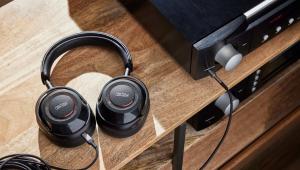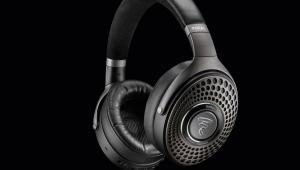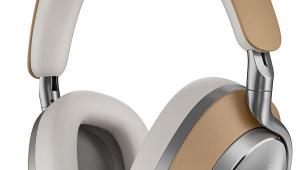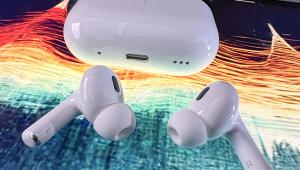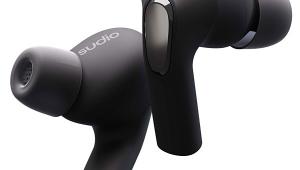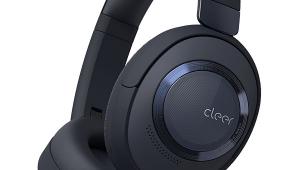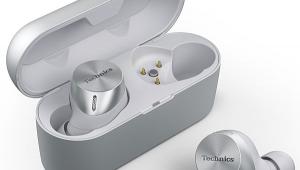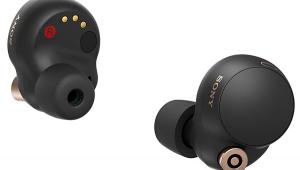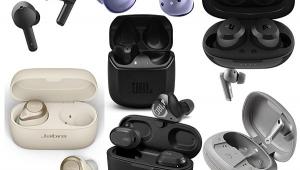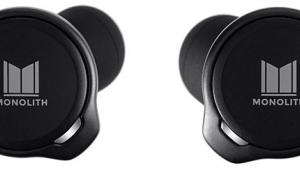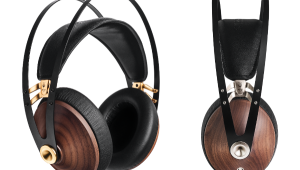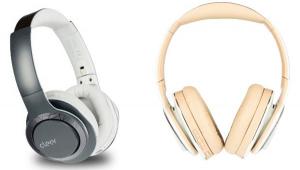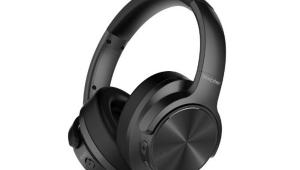Grado Labs PS2000e Headphones

AT A GLANCE
Plus
Designed and handcrafted in Brooklyn
Best-ever sounding Grado
Freewheeling dynamics
Minus
The non-removable and not very flexible cable
THE VERDICT
The Grado Labs PS2000e takes the classic Grado sound to new heights, but it won’t please everyone.
Grado headphones all have a sound, and they sound like Grados. They’re some of the most viscerally dynamic and lively headphones I’ve heard, and they’re so open and spacious, you never feel like the sound is confined to the space between your ears. The new flagship, the PS2000e, takes the Grado sound to new heights.
While other high-end headphone makers offer open- and closed-back designs, Grado’s are all open; that’s intrinsic to the Grado sound. Even if you’re familiar with Grado’s ’phones, the PS2000e feel considerably more upscale. Those glistening smoked gray aluminum earcups feature a completely new 50mm driver that’s only used in this model. How it’s different from Grado’s other 50mm drivers, I have no clue — and John Grado’s not tellin’. John is also mum about the differences between the PS2000e and the previous top-of-the-line model, the still available $1,695 PS1000e. He did hint that the PS2000e’s earcups’ maple wood interior, the glue, and bonding agents all play a role in crafting the sound. Talking with John about his methods makes me think back to my conversations with acoustic-fretted instrument makers: They all have a common fascination with wood and glue and how they make instruments sound the way they do.
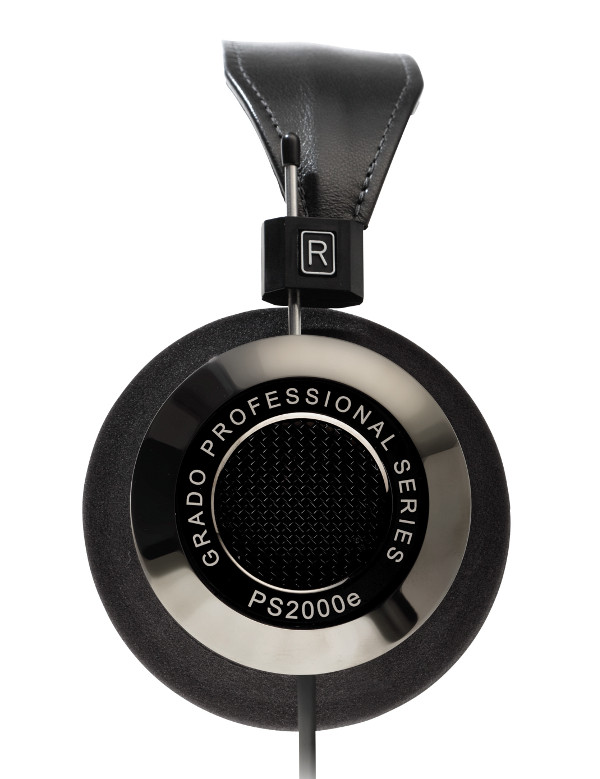
The PS2000e’s permanently attached 6-foot cable is thick and can feel a tad unwieldy at times. Comfort is about average for a heavy flagship headphone, and after a few hours, you feel the weight on your noggin.
The PS2000e may be Grado’s most expensive headphone, but it comes packed in a rather plain cardboard box, and accessories are limited to a 15-foot extension cable and a ¼-inch-to-mini cable adapter. You can also order a nice mahogany storage box from Grado’s website for an extra $100.
I used a number of headphone amps over the course of this review: the Pass Labs HPA-1, Oppo HA1, Schiit Lyr 2, and (my favorite, by far) the Rogue RH-5 tube headphone amp. The PS2000e seems to have an affinity for tube headphone amps.
When I watched the recently remastered Woodstock Blu-ray, the sound was so realistic, I felt like I was the engineer at the event. I heard microphone levels coming up and down, and the mix of stage sound and crowd ambience was truly thrilling. I really focused on the way the PS2000e reproduced vocals with rare accuracy and life. The immediacy of the sound played a role, and voices sounded absolutely live, like the concert was happening right now.
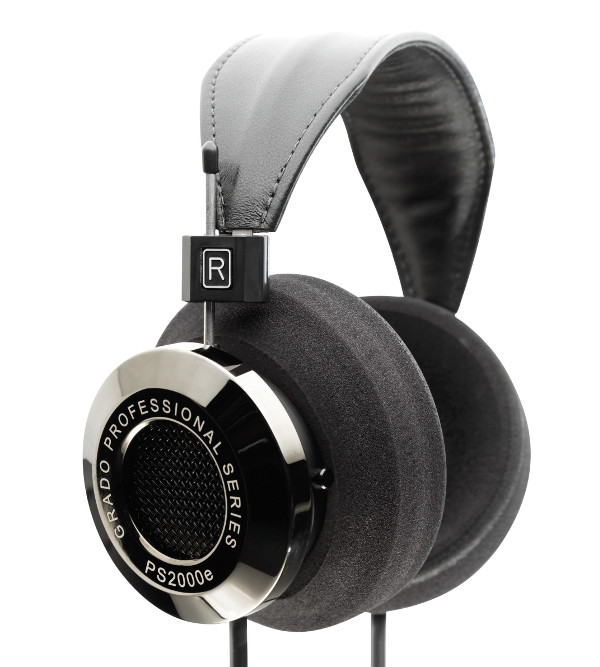
When I switched over to an Audeze LCD 3 Fazor headphone, the sound felt more distant, warmer, fuller, and rounder. It also sounded great, but I missed the PS2000e’s va-va-voom sound. My old Grado RS1 headphones are mellower and more inside my head, while the PS2000e opened up the soundstage. There’s more texture, more palpability, more of everything.
I’ve heaped praise on the PS2000e, but they’re not likely to satisfy audiophiles seeking ultimate accuracy — that’s not what’s going on here. The PS2000e are Grado sound at its best, and they’re handcrafted in Brooklyn under the watchful eyes and always-attentive ears of John Grado. And not just because they’re the most expensive headphones the company makes — Grado builds all of their full-size headphones in their Brooklyn factory, including the $79 SR60e!
I’ve always had my favorite Grados, starting with the original HP1000 that set the template back in 1989. Those were all handmade by Joe Grado, the company’s founder and designer, and his nephew John Grado. While a lot of the major audio brands are now in the hands of equity investment companies, I take some comfort knowing Grado is still a family-owned business. John’s son Jonathan came aboard a few years ago, and now another son, Matthew, is getting involved, so the torch will be passed in due time.
Specs
Type: Open, over-the-ear
Driver: 50mm, dynamic
Impedance: 32 ohms
Sensitivity: 98 dB @ 1mW
Accessories: ¼-inch-to-mini cable adapter, 15-foot extension cable
- Log in or register to post comments
